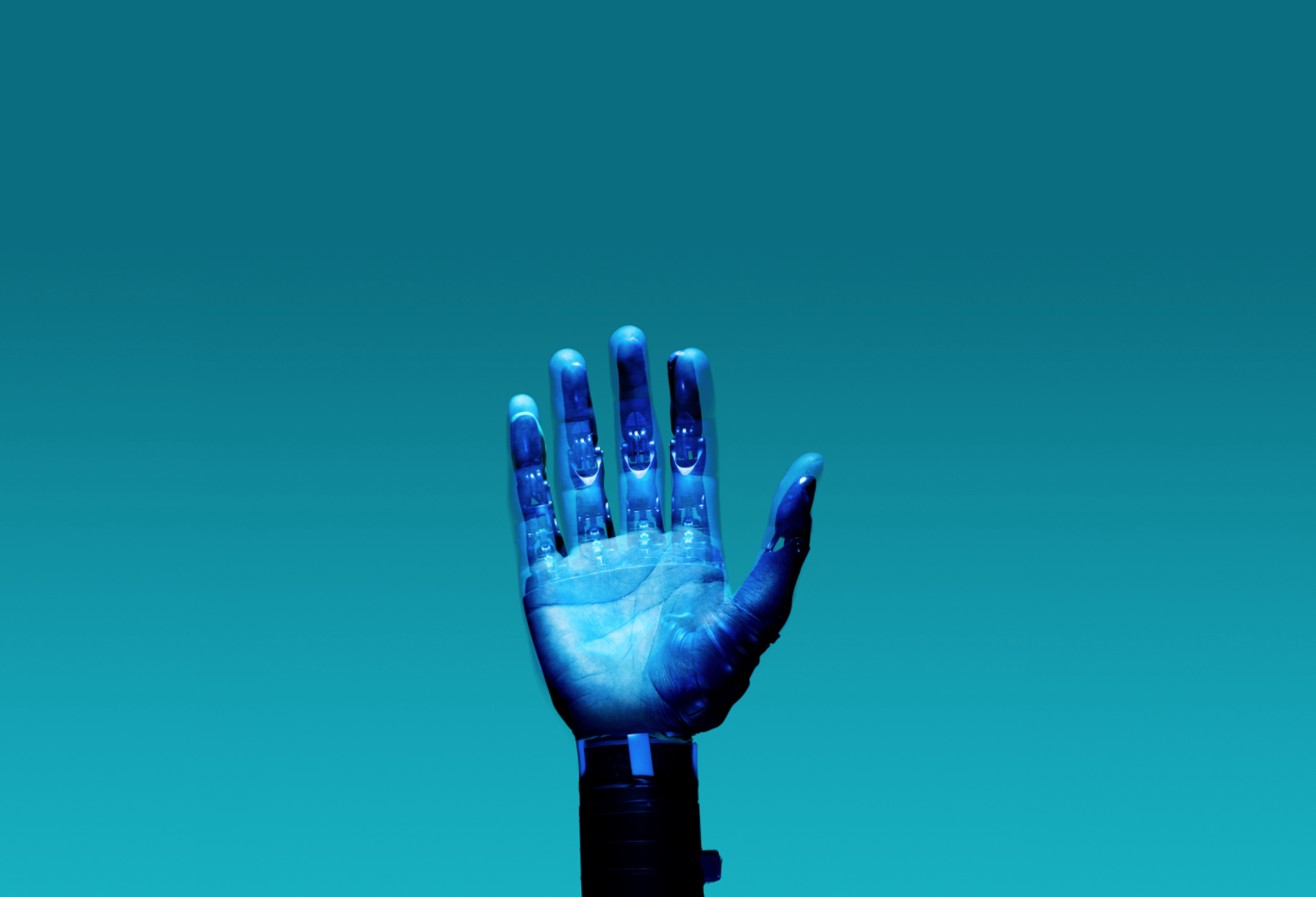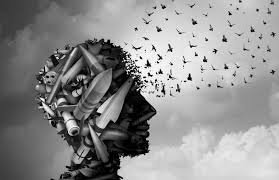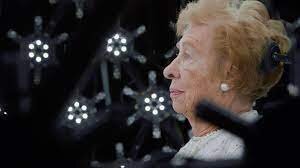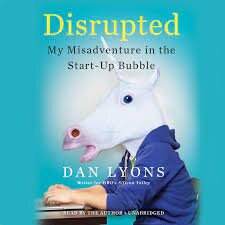
Technically Human is a podcast about ethics and technology that
asks what it means to be human in the age of tech. Each week, Professor Deb Donig interviews industry leaders, thinkers, writers, and technologists, and asks them about how they understand the relationship between humans and the technologies we create. We discuss how we can build a better vision for technology, one that represents the best of our human values.

Body Snatchers: Manjula Padmanabhan discusses the drama of technology and the black market of organ harvesting
Today’s episode is the final episode of our season. The episode features a very special conversation, one that I have wanted to have since I started the show two years ago. In the episode, I sit down with Manjula Padmanabhan. We talk about her play, Harvest, and the connection between market demand in the West and body supply in the global South, and we discuss the relationship between organ donation, as a technology, and human rights, as a philosophy. And Manjula explains why science fiction matters for our ability to understand, and to create, what it means to be human.

Word Processing: tech transforming translation
In this episode, I chat with Christopher Willis, the Chief Marketing Officer of Acrolinx. We discuss how our digital and globally connected world is posing new challenges for—and new ways of thinking about or solving—how we talk to one another across cultures, across language barriers, across national boundaries, and we talk about just how human language is, in an age where AI can do a lot of the talking.

The Next Generation of AI
In this episode of “Technically Human,” I sit down with Dr. Eric Daimler. We talk about one of the biggest technology problems facing us today—data deluge—and how new computational models and theories can help solve it and, Dr. Daimler weighs in on the gaps, differences, and possibilities for collaboration between policy, industry, and academia. And we talk about what a vision of “AI for Good” might look like in a world of infinite data.

Creative (R)evolution: PJ Manney and science fiction for good
In this episode, I sit down with science fiction writer, essayist, innovator, and cultural icon PJ Manney. We talk about the relationship between literature and empathy, the feedback loops between science fiction imagining and technological production, and how art is, and always has been, a technology.

Running Interference: will democracy survive foreign cyber attacks?
For the final episode of our 3 part series on democracy and technology, I am bringing you a conversation with Professor Chimène Keitner on cyber interference in democratic elections, and international law. We talk about the challenges and shortcomings of international legal structures in recognizing and responding to cyber interference in democratic processes, we discuss the way that democracies are made vulnerable by digital products, and Chimène explains what happened in the infamous Russian interference into 2016 election--and what might be in store for our democratic process as we approach the deeply consequential 2024 US Presidential election.

The Private Square: democracy and the attention economy
This week, we are continuing our series on the theme of democracy and technology by bringing you a conversation with Ram Fish, on the impact of social media on democratic institutions and civil discourse. We talk about the existential threat that social media poses to democratic norms, the erosion of civil discourse in the attention economy, and where else in the world we might look for hope in leading us out of democratic decline. And, finally--because we don't like leaving our audience with a doomsday prophecy--Ram proposes policies that might productively change the tide of partisan politics on social media platforms.

Digital Democracy
This week, we are kicking off a special series of “Technically Human” focused on the intersection of democracy and tech. In the first episode in the series, I sit down with Dr. Foaad Khosmood. We talk about the relationship between access to information and functional democracy, and how digital technologies can expand civil discourse.

The LAWS of War: Lethal autonomous weapons systems and the new ethics of warfare
In this episode, I speak with Dr. John C. Williams about the ethics of automated weapons systems. We talk about the concept of meaningful human control, about the ethics of war, and what it means to engage in the politics of biopower in the age of lethal autonomous weapons.

Grimm Futures: Technology’s fairy tales
In this episode of "Technically Human," I sit down with D.J. MacLennan to talk about the relationship between technological realities and fairy tale mythologies. We talk about what it means to re-write epic and age-old stories about magical worlds and beings in the age of tech, and how technological culture may itself be a form of fairy tale thinking.

Moving Pictures: Film director Jake Wachtel discusses his new film, Karmalink, and sci-fi in Cambodia
"Technically Human" is back with a brand new season of the show!
In our first episode of the season, I sit down with film director Jake Wachtel to talk about his debut film, "Karmalink," the first science fiction film set in Cambodia. We discuss the connection between digital technologies, reincarnation, and Buddhism, we talk about the state of technological development in Cambodia, and Jake reflects on how Cambodians are imagining the future, in light of Cambodia's past.

How Women Work: Gender, digital labor, and (not) getting paid to do what you love
In this episode, I speak with Dr. Brooke Duffy about the structure of digital labor. We talk about Instagram influencers and the people who love to hate them, the double bind that women online face in presenting themselves as both "authentic" and "relatable," and the problem with the advice we so often get, to "do what we love."

Technically Human 101: a crash course on being human in the age of tech
In this episode, we do a deep dive into the Technically Human show archive to bring you an episode that puts together some of the show's top moments. If you are looking for a guide into the key questions, concepts, and characters critical to thinking about ethics and technology. We've put together a show that answers some of the top questions that we consistently get asked about ethics and technology, with some of "Technically Human's" most memorable guests. If you're looking for a crash course in ethical technology, this is the episode for you!

A Conversation with Open Dyalog: civil discourse in the digital age
In this week’s episode, we bring you a conversation about, well, how we have conversations, featuring the founder of the Open Dyalog movement, Zahabiya Nuruddin. Listeners of this podcast, students who have taken my class, and anyone who has heard me talk about ethics and technology in public has heard me talk about the importance of civil discourse. In an age of Twitter feuds, Facebook shouting matches, and an online culture of escalating arguments, learning the skills of talking to one another is more important—and less understood—than ever.

Cybersecurity in the age of Zero Trust
In this episode, I talk to Rob Dickinson, the CEO of Resurface. We talk about the ethic behind cybersecurity technology, the ethics of data ownership, and what regulations and laws can--and can't--do.

Embodied Technology and the Quantified Self with Dr. Steven LeBoeuf
In this episode of "Technically Human," I dive into the history, the sociology, and the ethics of wearables with Dr. Steven LeBoeuf, the President and Co-Founder of Valencell Technologies. We talk about how wearable technologies trouble the boundaries of what we call a "self," and how what it means to be human is changing as we increasingly enlist technologies on our bodies in reporting on what is happening in our bodies.

Principled Dissent: Joe Toscano explains why he left the tech industry and what real change looks like
In this episode, I speak with Joe Toscano about why he left Google in 2017, and how he became one of tech's leading critics. We talk about what he saw, in 2017, in the culture of tech that led him to leave, and what led him to found the Better Ethics and Consumer Outcomes Network (BEACON). We discuss the relationship between ethics, law, and policy, and best practices for building a space for change in the public and in the industry.

The Fork in the Road to Ethical Technology: Vivek Wadhwa on navigating ethical roadmaps in a perilous tech landscape
In this episode, I sit down with Vivek Wadhwa to talk about his pivot from tech entrepreneur and big tech enthusiast, to critic and activist. We talk about his path to tech and then to his activism in education, his research into tech innovation, and his research into the importance of global diversity when considering questions of how we imagine, innovate, and build.

Memory Drive: The ethics of Holocaust memory in the age of virtual reality
In this episode of ”Technically Human,” I sit down with Dr. Steven Smith, the director USC‘s Dimensions in Holocaust Testimony.
We talk about the ethics of memory, testimony, and witness, and how these fundamental concepts are being radically changed by developing technologies. Steven explains the ethics of Holocaust witness in the digital age and how a new interactive program that enlists virtual technologies may allow Holocaust testimony to remain vivified for generations to come. How should we think about the reality of virtual survivors? How is our basic concept of ”witness” transformed by new technologies? And what does ”memory” mean in our current digital age?

Public Service: Yaël Eisenstat tackles the intersection of ethics, tech, and democracy
In this special edition of "Technically Human," we feature a live public conversation about the future of democracy, technology, and public policy. In 2017, Yaël Eisenstat came onboard Facebook to change it, joining the company as its Global Head of Elections Integrity Operations. What she discovered while working there alarmed her. She started speaking out, becoming a leading critic of tech’s threat to democracy.In this conversation, I sit down with Yaël in front of a live audience to ask:
How can American Democracy persevere in the age of social media?
Why does tech need regulation?
Who can reign in Big Tech?
What can we do to help?

Funny Business: “Silicon Valley” writer and co-producer Dan Lyons explains what‘s funny about tech culture
In this episode, I sit down with a personal hero, the iconic literary giant Dan Lyons. We discuss Dan's experience writing about tech culture for the hit HBO show "Silicon Valley," and Dan's own experience working in tech. We talk about what makes Silicon Valley funny--and how that humor gets at some of the deeply sobering realities of Silicon Valley culture.
